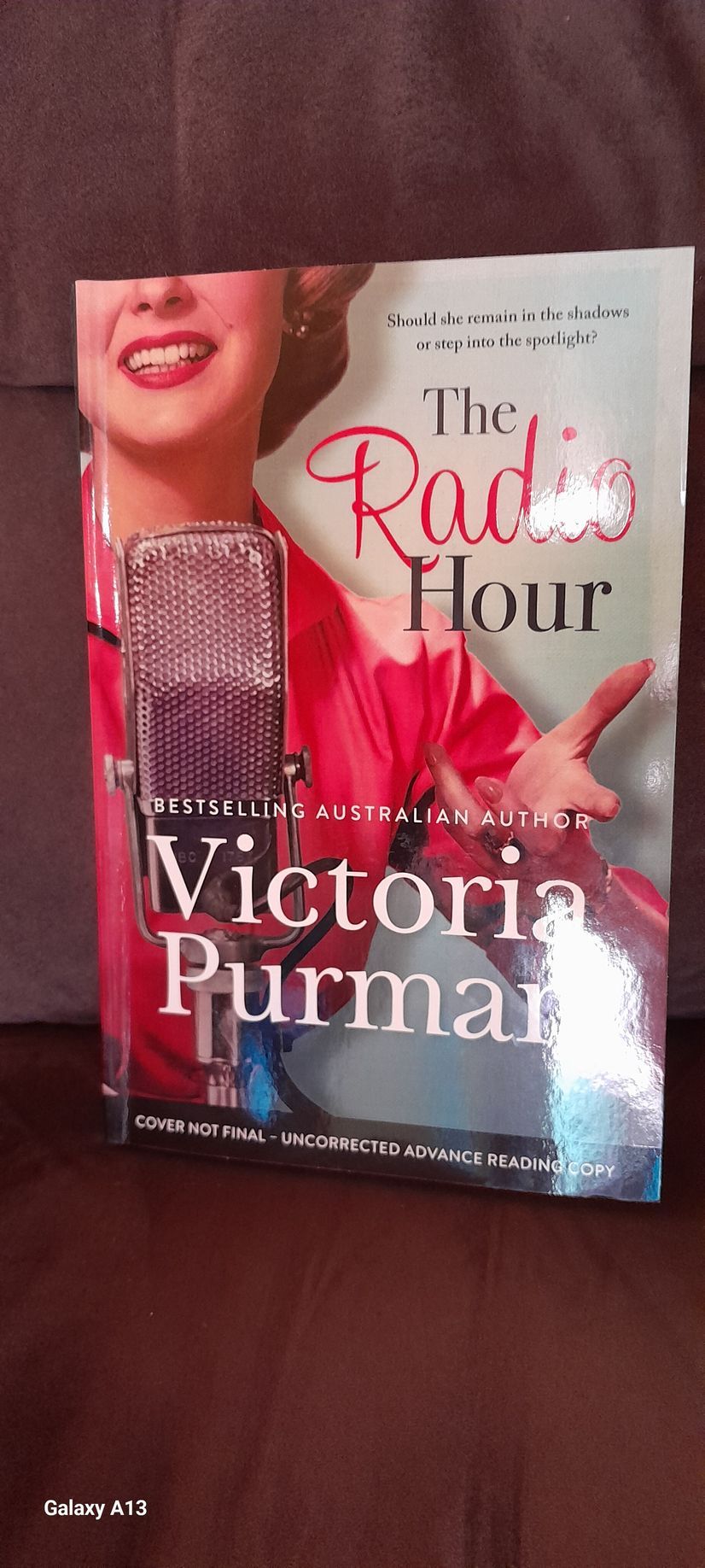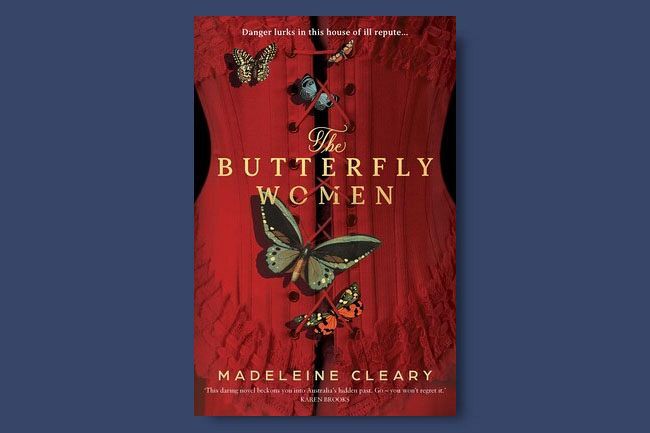I recently scored a couple of books in the Better Reading lottery that offers readers of the weekly newsletter the chance to put up their hand for an uncorrected proof copy of some of the new books being published. The deal is then to write a short review of the book within a couple of weeks of receiving it. Needless to say some have been a more worthwhile read than others.
The Radio Hour was one of the better ones. A very light and undemanding read, but it still successfully showed - at least for me - just how far Australia hasn't come in the last 70 years, when it comes to the gender gap, and the value that is placed on women by men. We're seeing a lot of that being played out right now and it's depressing to realise so little has fundamentally changed and what a patriarchy the country is in so many ways.
Australia in the 1950s was certainly not a good place to be if you were a working woman. Barefoot, pregnant and in the kitchen was definitely the situation and place too many men considered women should be occupying. That said, The Radio Hour also highlights how things were changing, and how women were beginning to push back and challenge such an outdated status quo. But there's still a very long way to go - and with predominantly conservative governments holding the reins of power over the past 70 years, the reality is that equality remains a fair way off.
#betterreading #BRPreview
"This novel is a pointed comment, albeit done with a light touch, on how far Australian women haven’t come in the 70 years since 1956 - the year we learn Martha Berry, who’s worked at the ABC for over 20 years and lives with her invalid mother, turns fifty. Despite filling numerous positions within the public broadcaster, Martha has never had a permanent position - or a pay rise. This changes when she’s assigned to the youthful Quentin Quinn, employed to write scripts for a new radio drama set to rival the famous and long-running Blue Hills.
Although I found most characters bordered on the stereotypical, Purman’s journalist background, (and experience of many years working at the ABC), gives authenticity to the setting, and the creation and recording of radio serials. The plot is handled with a deft and humorous touch but still highlights the scant regard given to women by their male bosses in an era when women were expected to do little more than make tea and type in an office environment. And in the public service at least, once they married their 'career' was terminated.
When wunderkind Quentin inevitably fails to deliver, Martha steps up and secretly writes all the scripts in his name. These resonate with the show’s mainly female audience beyond Martha's expectations, but eventually her cover is blown, although not before she’s tackled some topics previously considered taboo and that scandalised her male bosses. Their success with listeners was reflected in the avalanche of supportive letters from her growing national audience or predominantly female listeners."
I still gave the book 4 stars though.



